Across the country, states have instituted stay-at-home orders in an effort to curb the spread of the highly contagious virus that's upended daily life in the United States.
Late last month, Wisconsin Governor Tony Evers issued one of these orders, urging his constituents to only leave their houses for necessary errands, such as getting groceries or filling prescriptions.
There's just one problem: Wisconsin's elections are scheduled for April 7. In addition to the Presidential primaries, Wisconsinites will vote for judicial positions, school board seats, and thousands of other offices.
The Democratic and Republican National Committees took the case to the Supreme Court, with Democrats arguing that the deadline for mailing absentee ballots should be extended by a week, to April 13, in order to facilitate voting from home.
With a Wisconsin Supreme Court Seat up for grabs on Tuesday, Republicans predictably made the case for why as few people as possible should be permitted to vote. It was a continuation of Wisconsin GOP efforts to suppress the vote, which included rejecting a demand from Governor Evers to automatically mail an absentee ballot to every resident.
The Republican majority in United States Supreme Court sided with the RNC and the election in Wisconsin will carry on as scheduled. This is despite Wisconsin being unprepared for the surge in absentee ballot requests, which leapt from a typical 250,000 to over 1.2 million in reaction to the virus. Thousands of these voters won't even receive these ballots until after the election, thereby preventing them from exercising their right to vote.
Justice Ruth Bader Ginsburg wrote a blistering dissent to the majority's decision, saying:
"Either [voters] will have to brave the polls, endangering their own and others' safety. Or they will lose their right to vote, through no fault of their own. That is a matter of utmost importance — to the constitutional rights of Wisconsin's citizens, the integrity of the State's election process, and in this most extraordinary time, the health of the Nation."
She was flabbergasted that her more conservative colleagues didn't think a global pandemic and national crisis was enough to justify emergency policies ensuring Wisconsinites their right to vote:
"The Court's suggestion that the current situation is not 'substantially different' from 'an ordinary
election' boggles the mind...Now, under this Court's order, tens of thousands of absentee voters, unlikely to receive their ballots in time to cast them, will be left quite literally without a vote."
A majority of the Supreme Court may not have agreed with Ginsburg, but the court of public opinion was fully on her side.
The Republican efforts indicated to some that the party cares more about maintaining control than preserving lives.
Large crowds are already gathering in Wisconsin to vote.
In a bit of devastating irony, the Supreme Court voted remotely when making its decision.
For more information about the tried and true tactic of GOP voter suppression, check out Uncounted, available here.

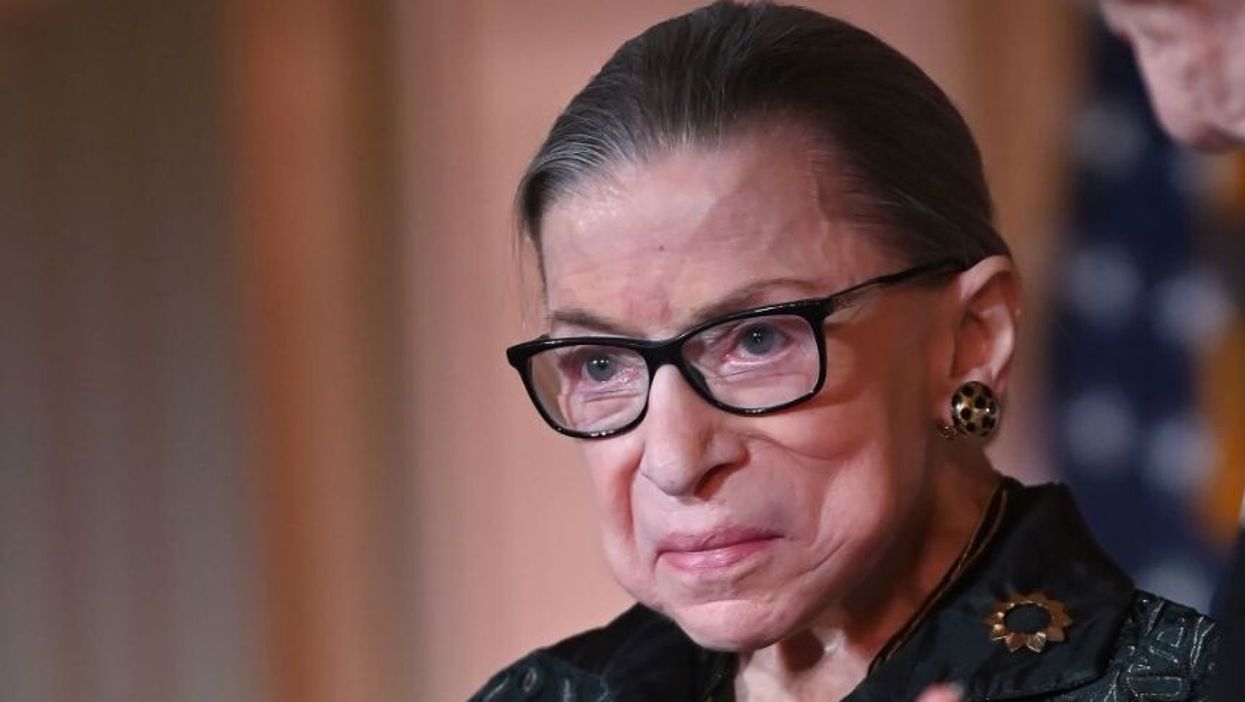

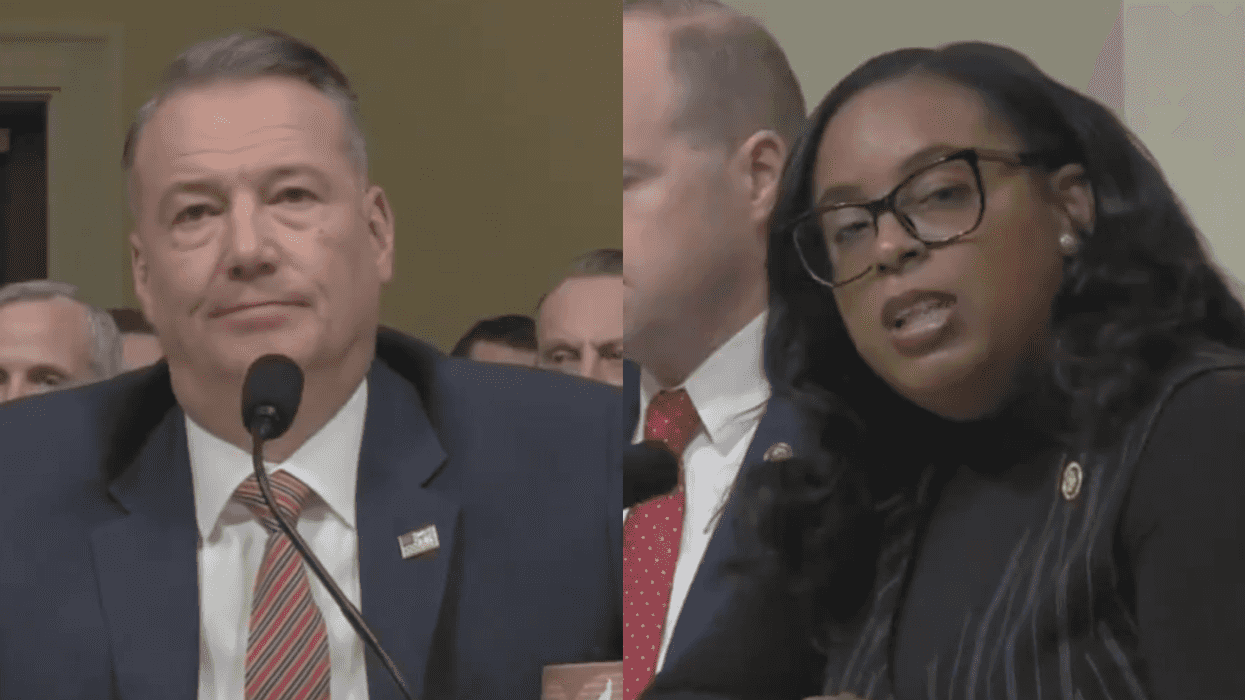




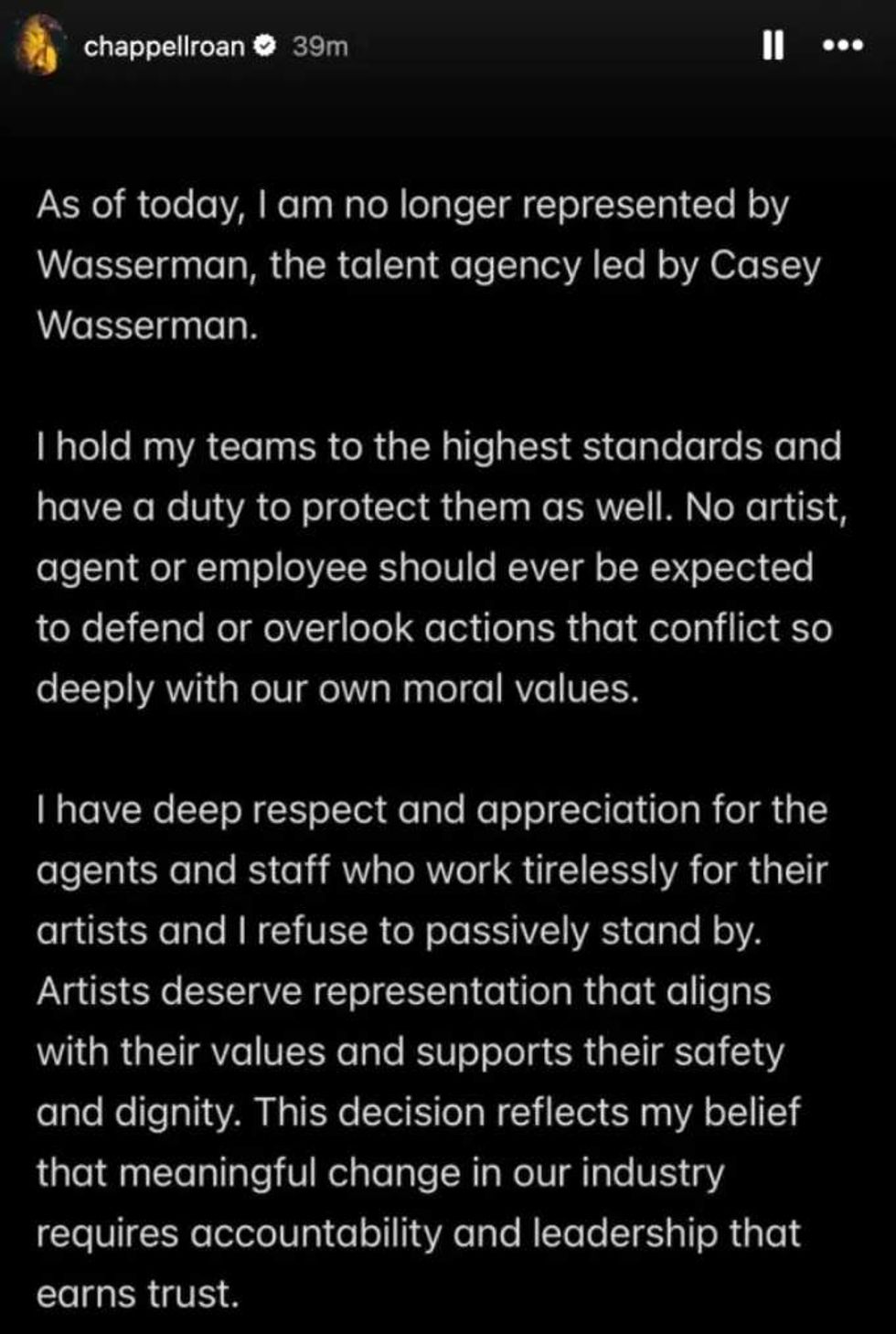 @chappellroan/Instagram
@chappellroan/Instagram r/Fauxmoi/Reddit
r/Fauxmoi/Reddit r/Fauxmoi/Reddit
r/Fauxmoi/Reddit r/Fauxmoi/Reddit
r/Fauxmoi/Reddit r/Fauxmoi/Reddit
r/Fauxmoi/Reddit r/Fauxmoi/Reddit
r/Fauxmoi/Reddit r/Fauxmoi/Reddit
r/Fauxmoi/Reddit r/Fauxmoi/Reddit
r/Fauxmoi/Reddit r/Fauxmoi/Reddit
r/Fauxmoi/Reddit r/Fauxmoi/Reddit
r/Fauxmoi/Reddit r/Fauxmoi/Reddit
r/Fauxmoi/Reddit r/Fauxmoi/Reddit
r/Fauxmoi/Reddit r/Fauxmoi/Reddit
r/Fauxmoi/Reddit r/Fauxmoi/Reddit
r/Fauxmoi/Reddit r/Fauxmoi/Reddit
r/Fauxmoi/Reddit @ANASKHA96399553/X
@ANASKHA96399553/X r/Fauxmoi/Reddit
r/Fauxmoi/Reddit r/Fauxmoi/Reddit
r/Fauxmoi/Reddit r/Fauxmoi/Reddit
r/Fauxmoi/Reddit
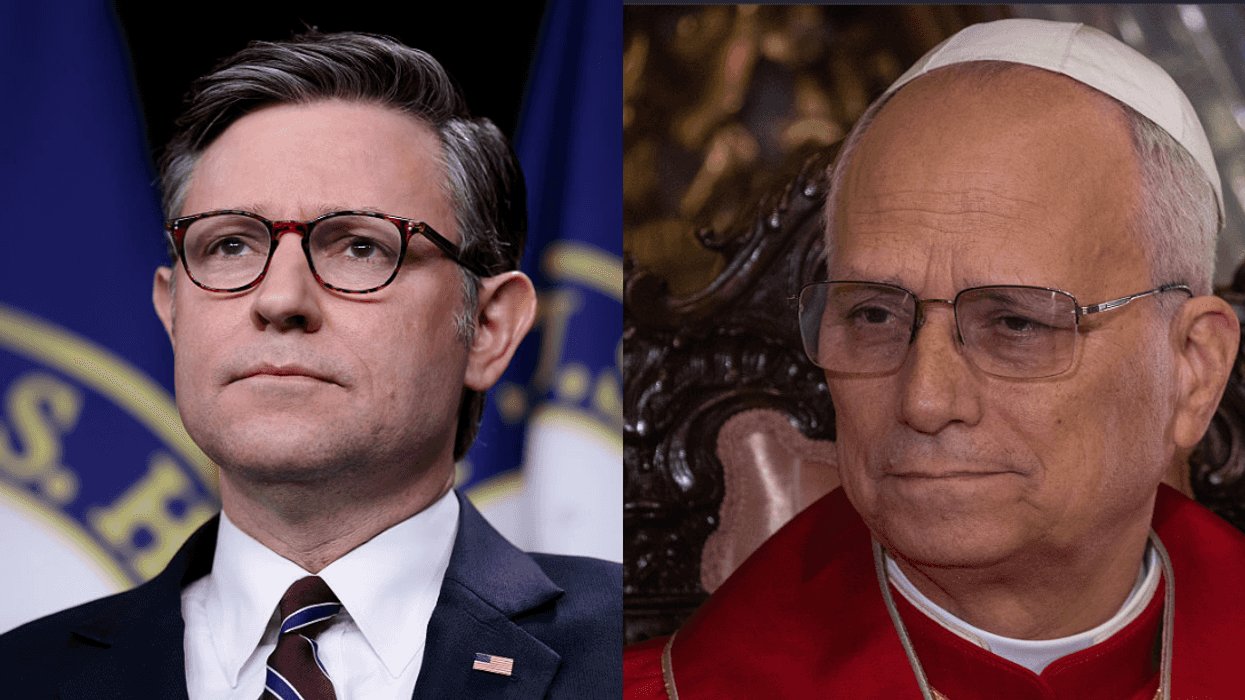



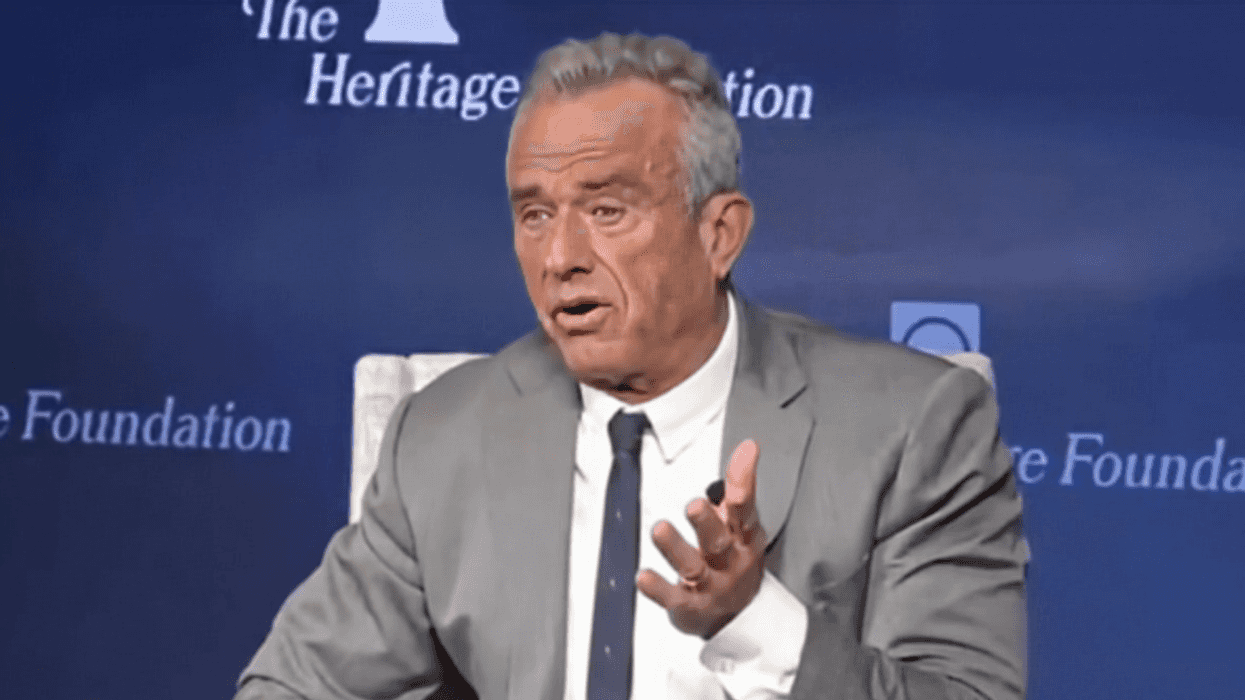
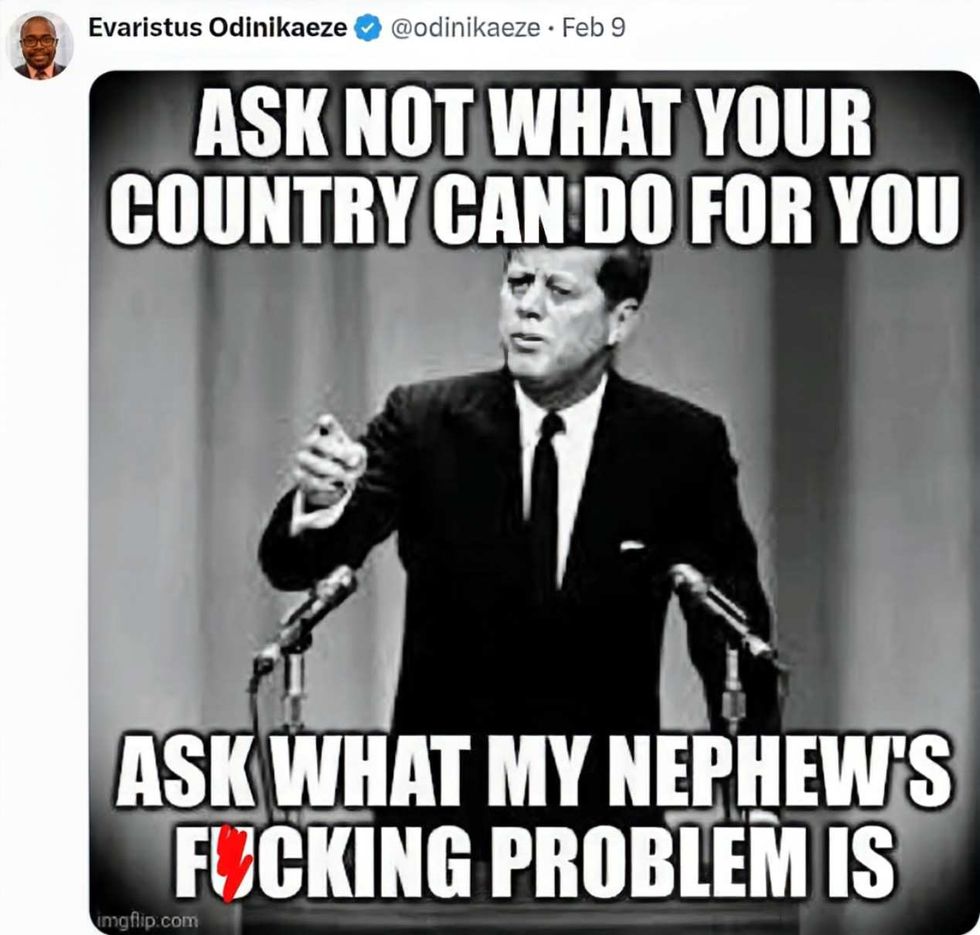 @odinikaeze/X
@odinikaeze/X @OneSixtyToOne/X
@OneSixtyToOne/X @Dazz222/X
@Dazz222/X

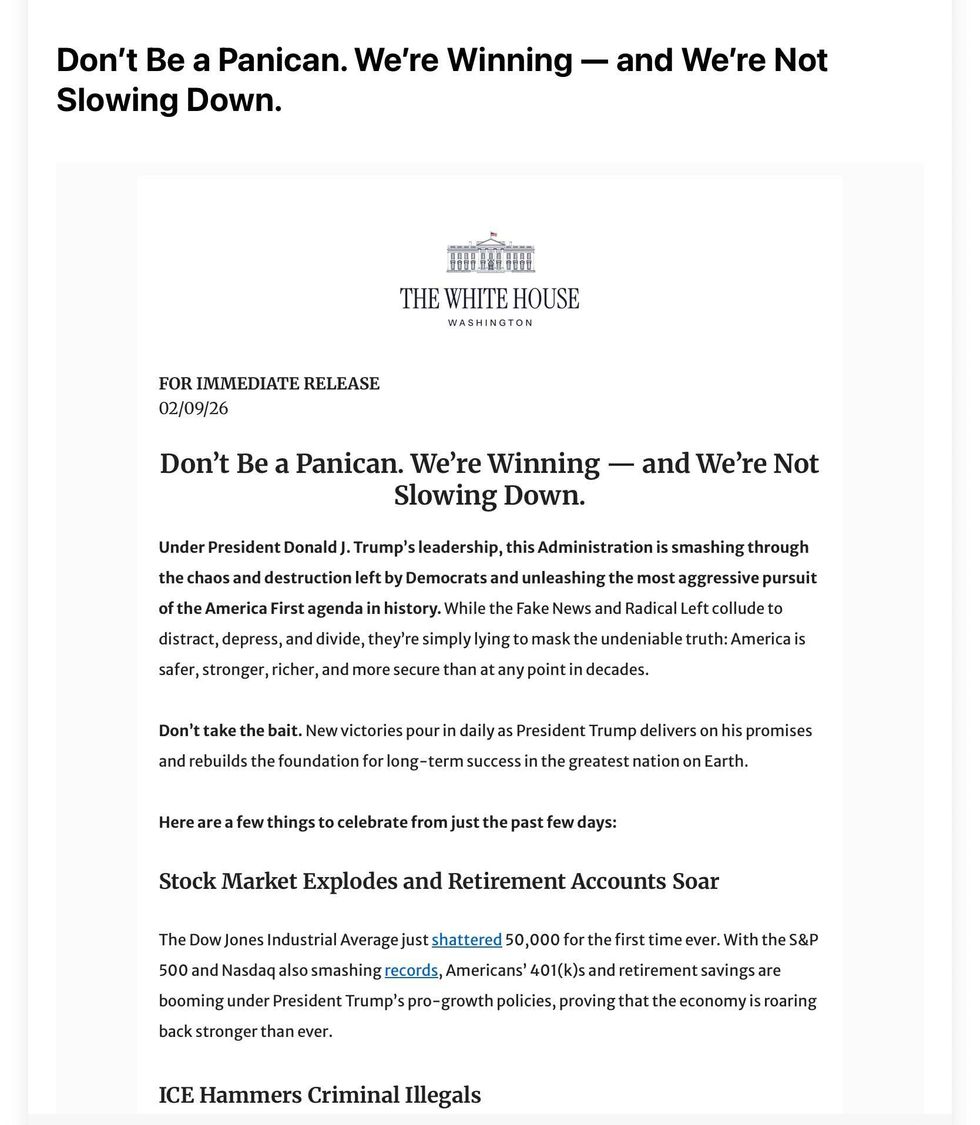 The White House
The White House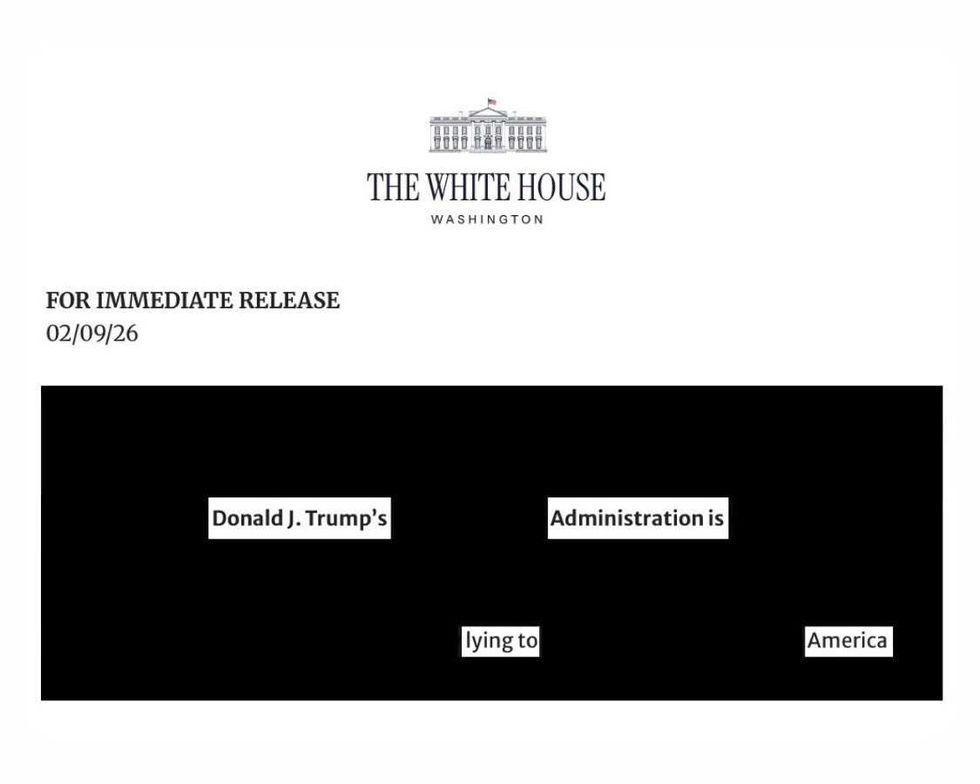 @JBPritzker/X
@JBPritzker/X